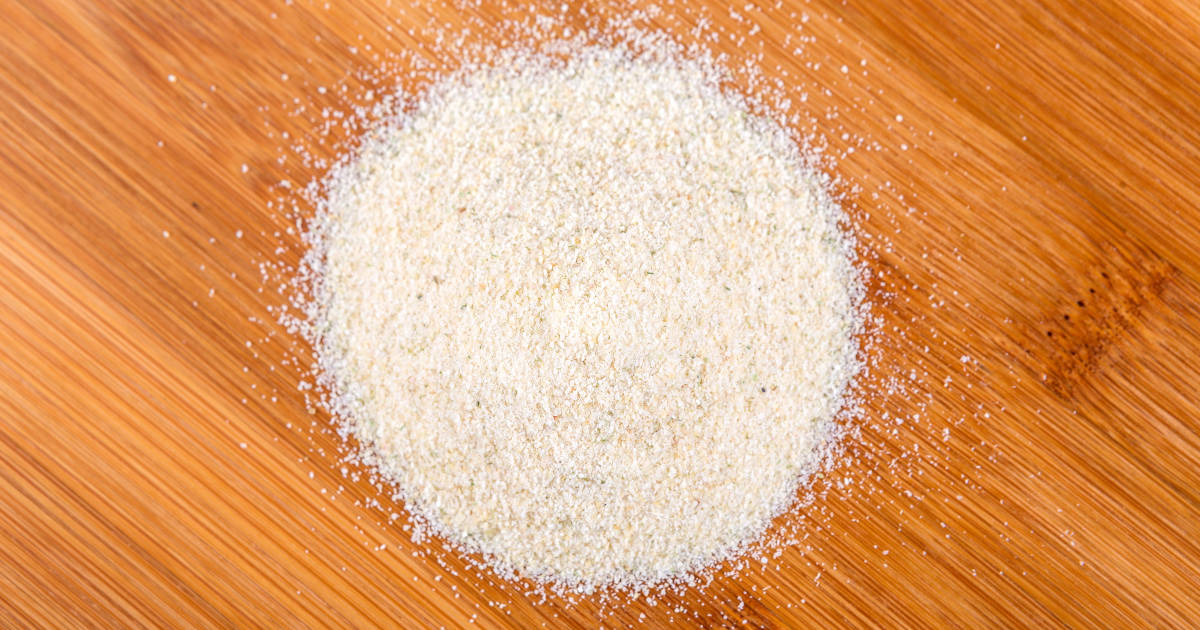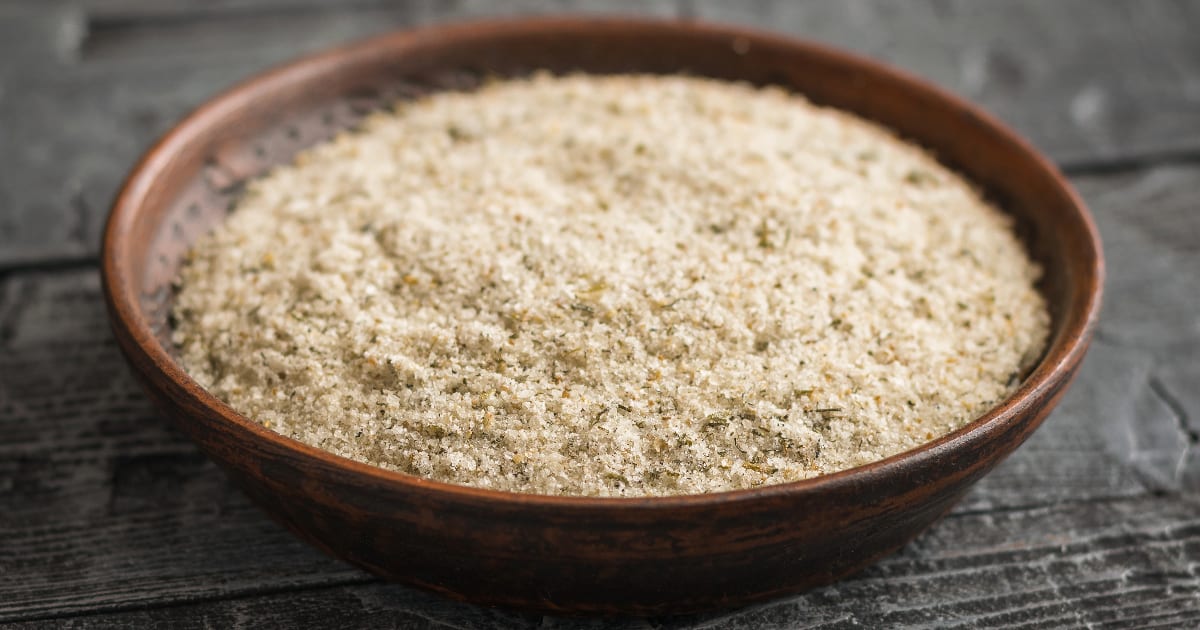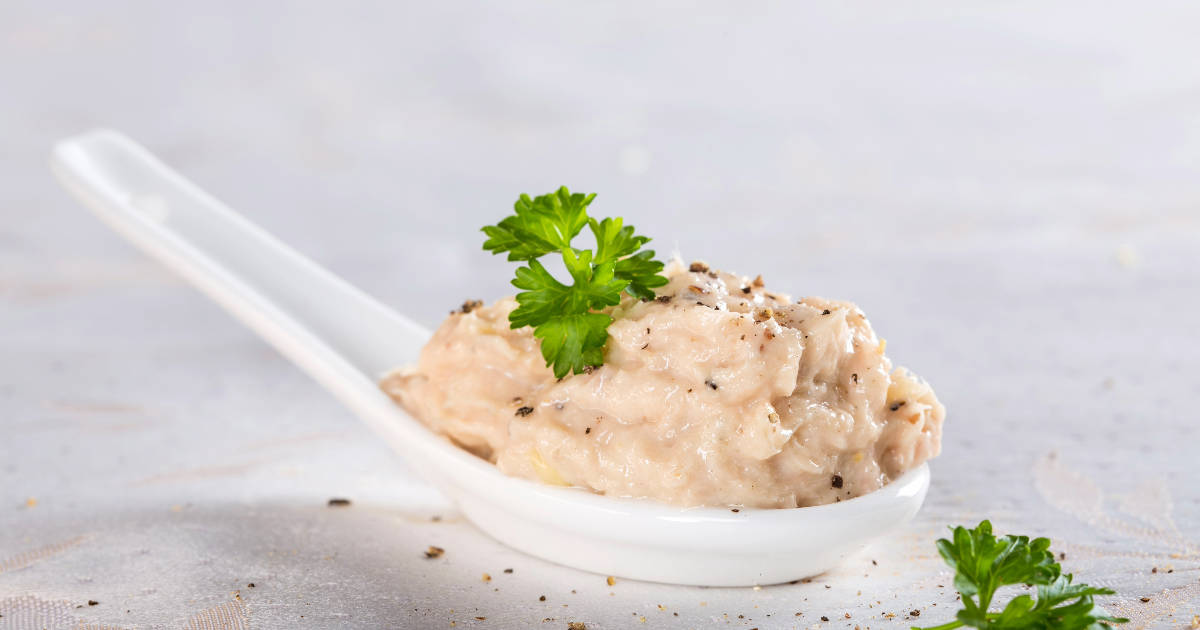Onions are a versatile vegetable used in cuisines around the world to add flavor and aroma to dishes. With so many types of onions available, from yellow, white, and red onions to shallots, scallions, and leeks, it can get confusing when recipes call for onions in powdered or granulated form.

While both onion powder and granulated onion add onion flavor, their differences in texture, concentration, and ideal uses make them suited for specific recipes and cooking methods. Understanding when to use onion powder versus granulated onion can take your cooking to the next level.
How Onion Powder and Granulated Onion Are Made
To understand the differences between onion powder and granulated onion, it helps to know how they are produced.
Onion powder is made by fully dehydrating onions and then grinding them into a very fine powder. The entire onion is used, including the flesh, skin, and roots. Onion powder has an ultra-fine, flour-like consistency.
Granulated onion, on the other hand, is made from onion flakes which are dried, chopped onion pieces. The flakes are then ground to a coarse, sandy texture with visible onion bits. Only the onion flesh is used to make granulated onion.
The production process results in two seasonings with different textures and concentrations of flavor.
Key Differences Between Onion Powder and Granulated Onion
While onion powder and granulated onion both deliver onion taste, their differences in texture, flavor, and ideal usage set them apart.
Texture
Onion powder has an ultra-fine, flour-like texture that incorporates seamlessly into liquids and batters. Granulated onion is coarser with visible onion bits that add texture.
Flavor Intensity
Due to its fine grind, onion powder has a more concentrated and intense onion flavor. Granulated onion is milder in taste.
Usage
The texture and flavor differences make onion powder and granulated onion suited for different uses:
- Onion powder is ideal for seasoning smooth foods like soups, sauces, and dressings where you want onion flavor without texture.
- Granulated onion adds texture and mild onion flavor to hearty dishes like stews, soups, burgers, and meatloaf.
So in recipes where texture is key, granulated onion is the better choice. But for seamless onion flavor, onion powder works best.
Substituting Between Onion Powder and Granulated Onion

In a pinch, onion powder and granulated onion can be substituted for one another. But because onion powder has a more concentrated flavor, you’ll need to adjust the amounts.
As a general guideline, use about half the amount of onion powder as granulated onion. So if a recipe calls for 1 teaspoon of onion powder, use 2 teaspoons of granulated onion.
When substituting granulated onion for onion powder, start with half the amount called for in the recipe and adjust to taste. Add more gradually since too much-granulated onion can make some dishes gritty.
Storing Onion Powder and Granulated Onion
To retain flavor and prevent clumping, store both onion powder and granulated onion in airtight containers in a cool, dry place away from light. Under proper storage conditions:
- Onion powder will last 3-4 years.
- Granulated onion keeps its flavor for 5 years.
If clumping occurs, you can break up the powder or granules by pressing flat with a spoon handle. For longer shelf life, consider refrigerating or freezing unused portions.
Other Onion Flavor Substitutes

If you’re completely out of onion powder and granulated onion, try these onion-flavored alternatives:
- Onion flakes - Use half the amount of onion powder called for. May alter texture.
- Fresh onion - 1/2 cup finely chopped onion equals 1 teaspoon onion powder.
- Onion paste - Spoon from frozen onion paste cubes.
- Onion salt - Replace onion powder 1:1 but reduce other salt.
- Dried onion - Use rehydrated dried onion pieces.
- Chives or scallions - Finely chop for garnish or seasoning.
Choosing Granulated Onion vs. Onion Powder for Recipes
Now that you know their unique properties, here are some tips for choosing between granulated and powdered onion:
- Use onion powder to season smooth foods like sauces, dressings, eggs, pasta, and popcorn.
- Choose granulated onion for hearty stews, soups, chili, meatballs, burgers and meatloaf.
- Add onion powder to rubs and marinades for even distribution and flavor penetration.
- Sprinkle granulated onion on dishes before serving for texture and fresh onion taste.
- For onion flavor in breads and baked goods, onion powder integrates more seamlessly.
- To lightly coat fried foods before frying, use onion powder for a crispier crust.
- Garnish cooked foods with crunchy onion flakes or chopped scallions.
So keep both onion powder and granulated onion stocked in your pantry. With the right technique, you can maximize the flavors and textures that each one brings to your cooking.
FAQs About Onion Powder and Granulated Onion
Can onion powder and granulated onion be used interchangeably?
Yes, but the amounts must be adjusted. Use half the amount of onion powder as granulated onion for equal flavor intensity.
How long does onion powder last compared to granulated onion?
Onion powder lasts 3-4 years while granulated onion keeps its flavor for up to 5 years in an airtight container stored in a cool, dry place.
Why does onion powder clump together?
Absorption of moisture and humidity causes onion powder to clump. Break up the powder with a spoon handle before use.
What’s the difference between onion flakes and granulated onion?
Onion flakes are chopped dried onions. Granulated onion is made by grinding flakes to a coarse, sandy texture.
Can you make homemade onion powder and granulated onion?
Yes! Dry fresh onion pieces fully and grind them to the desired texture. Store homemade versions in the refrigerator for maximum freshness.
What's the difference between onion salt and onion powder?
Onion salt is a blend of salt and dried onion, usually a mix of onion powder and salt. The salt amplifies the onion flavor. Onion powder contains only dehydrated, ground onion—no added salt. Use onion salt to replace onion powder if you want the extra saltiness. But reduce other salt in the recipe to compensate.
Can you use onion powder to make onion oil?
Yes, onion powder can be used to make onion oil at home. Slowly sprinkle the powder into hot oil while whisking constantly. Let it infuse in the oil for 1-2 minutes. Strain out the fried onion bits. Use the oil to add onion flavor to dishes. Refrigerate leftovers.
What dishes pair well with onion powder?
Onion powder is delicious in meat rubs, baked goods, creamy pasta sauces, salad dressings, sour cream dips, roasted veggies, eggs, popcorn, french fries, and more. Its concentrated flavor and fine texture work well for seasoning smooth foods.
How long does homemade onion powder last?
Homemade onion powder will stay fresh in an airtight container in the refrigerator for up to 6-8 months. For maximum shelf life, freeze any extra homemade powder in ice cube trays or muffin tins, then transfer it to freezer bags. Frozen, it keeps for 1 year.
Can you use onion powder to make crispy onion bits?
Yes, onion powder can be used to make crispy, crunchy onion bits perfect for garnishing dishes. Mix onion powder into a light batter made with flour, baking powder, milk, egg, and seasoning. Drop spoonfuls into hot oil and fry until golden brown. Drain on paper towels. Store in an airtight container.
Conclusion
Remember that onion powder offers an intense, seamless onion flavor that's great for seasoning smooth foods and doughs. For heartier dishes where you want onion taste and texture, reach for granulated onion.
Properly stored in an airtight container in a cool, dry place, both onion powder and granulated onion will retain their potency for years. If you run out, onion flakes, fresh onion, and onion salt make suitable substitutions.
Onion seasonings are essential for adding flavor to recipes across the culinary spectrum. Now that you know how to maximize their flavors and textures, it’s time to start cooking! Let us know if you have any other questions about mastering onion powders and granules.

